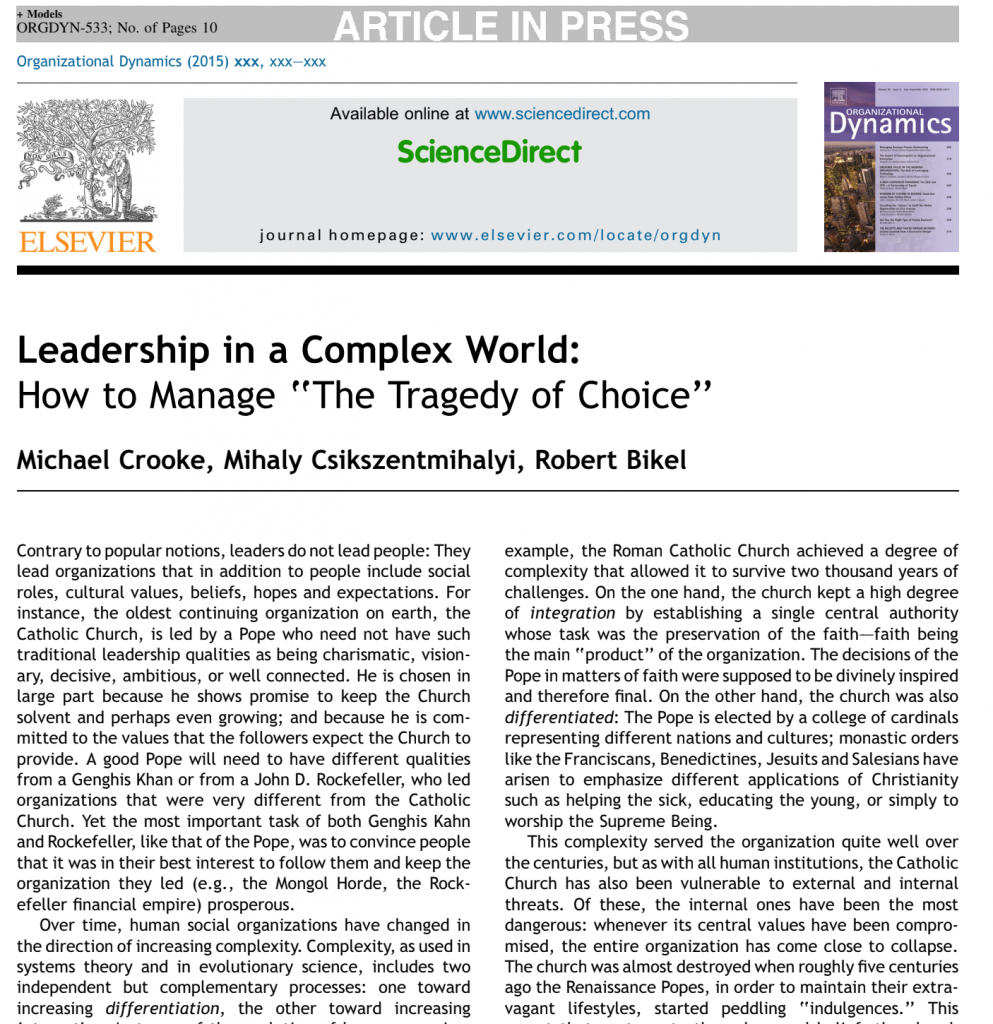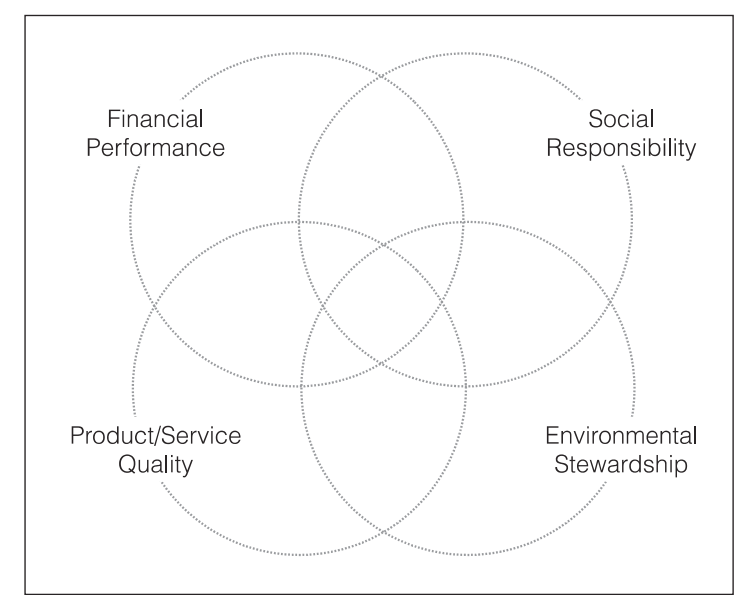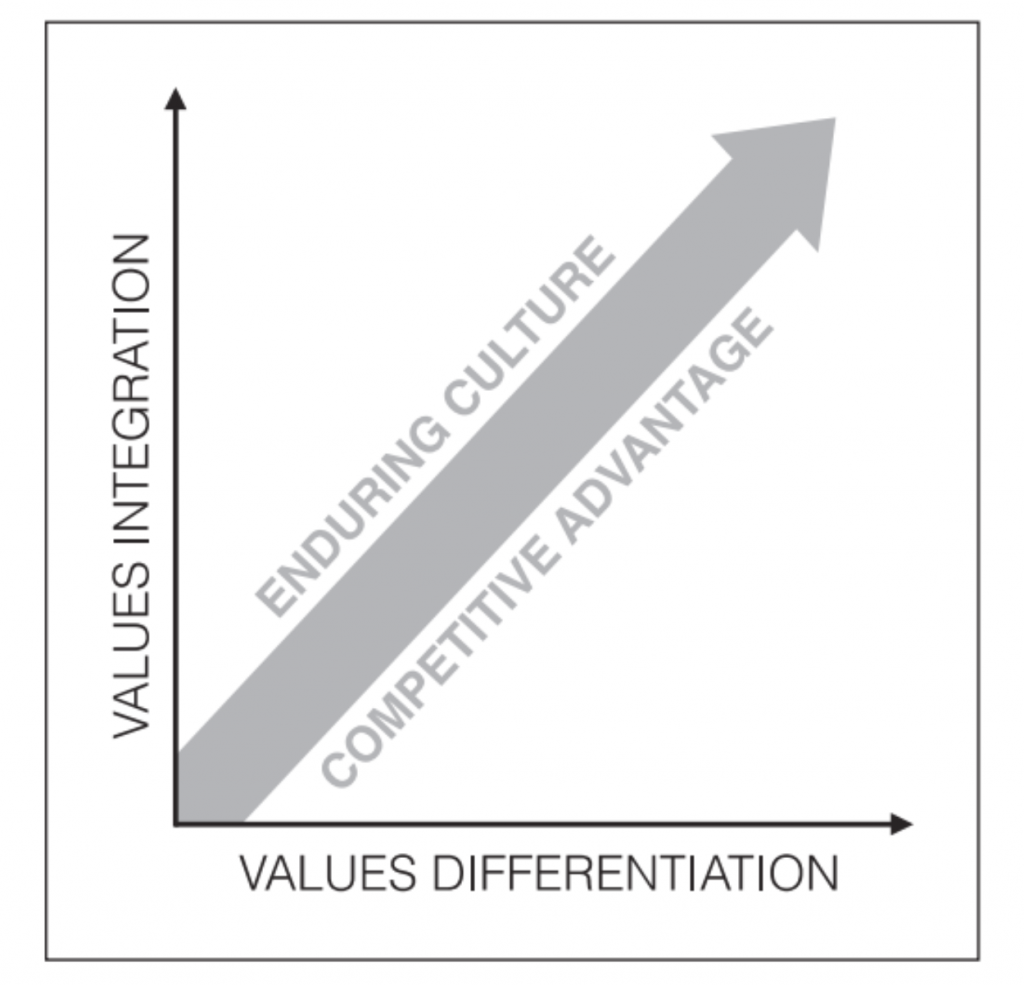Yes, you might wonder how on earth might these fuzzy concept-catchwords be connected, and why on Earth Day?
A McKinsey Blog about the top fashion trends highlights the following directions such as creating an inclusive culture, establish new social media platforms for classic brands, focus on sustainability to reduce resource usages such as energy, pollutants, and waste. What struck me most is the fourth trend, Material Revolution.
Fashion brands are exploring alternatives to today’s standard materials, with a particular focus on more sustainable substitutes. We expect R&D will increasingly focus on materials science for new fibers, textiles, finishes and other materials to be used at scale.
McKinsey Blog, 2020
Patagonia
The American outdoor clothing and equipment manufacturer has a broadly announced motto: “Save our home planet!”. Guided by this vision they have supported grassroots activists working to find solutions to the environmental crisis for nearly 40 years already.
One example you might explore is the Worn Wear product line, which is made of restored materials and the refurbishment is made for preserving nature. To make it financially viable, the company adopted a one percent self-imposed tax for these activities.
Our attentive readers might also have heard about this extra-ordinary company from us already too!
In fact, the company survived after a major strategic turn around orchestrated by Dr. Michael Crooke, who achieved a spectacular result with the help of our Flow-promoting Leadership Principles. You can read about the whole story in our earlier blog entry, in which you can also discover the fundamental values which were inspired by Mihaly Csikszentmihalyi’s books and work on the power of being in Flow mental-state.
He also wrote the following back-cover recommendation to our landmark book: Missing Link Discovered – Integrating Csikszentmihalyi’s Flow Theory into Management and Leadership Practice by using FLIGBY – the Official Flow-Leadership Game (2015, 2019 ISBN 978-963-12-5490-7):
Fligby is incredible! I have used the Game in corporate settings with executives and with MBA advanced strategy and leadership classes.
Dr. Michael Crooke
This book is not only about FLIGBY. It also connects the theory of Flow to the practice of leadership, scientifically and empirically. Highly recommended!
At this point we could like to share also with you a short part of Prof. Csikszentmihalyi’s foreword to that book:
MY CONTRIBUTIONS TO FLIGBY
Why this book, why this essay?I am not a disinterested outsider who does a favor to his colleagues by writing the foreword to their book. I am a passionate, involved, and grateful insider who welcomes and celebrates this book because it translates and extends my research in ways I could not have accomplished myself.
The title of the book, Missing Link Discovered, is apt because it captures well its ambition and contribution: The book – together with the innovative FLIGBY game, which is the focus of the volume – has created a bridge between my lifetime of scientific work and aspiring and practicing managers and leaders who are interested in my ideas but are not sure how to apply them in everyday practice.
My research agenda
My academic work has been focused on creativity, Flow, individual happiness, and organizational effectiveness. These topics are tied together by a value system that suggests how individuals, organizations, and society at large can interact in more harmonious, effective and sustainable ways.
Good Business
Most directly relevant to this volume is my 2003 book, Good Business: Leadership, Flow, and the Making of Meaning. There I wrote: “Our jobs determine to a large extent what our lives are like.”
Good Business was the first scientific exploration of the relationship between Flow, leadership and organizations. The research on which that book is based was conducted by The Quality of Life Research Center at Claremont, in cooperation with counterpart institutions and colleagues at Stanford and Harvard. The purpose of the research was to establish what personal values, attitudes, and skills are found among business leaders whose purposes go beyond short-term profit maximization and personal glory.
Interviews with scores of successful executives, like Ted Turner (CNN), Michael Markkula (Apple), Sir John Templeton (Templeton Funds), and Anita Roddick (Body Shop) revealed that they considered their professional activities as highly creative endeavors. Further commonalities included their sense of responsibility for the professional and (to a certain extent) the personal lives of their colleagues; their eagerness to share with others their joy of Flow experiences and to help others to experience it; and active attempts to improve the organization.
Questions raised by Good Business
Following the publication of the book, more and more readers, students, and friends asked this question: “It makes sense that being in Flow more often and more deeply enhances one’s performance. The value framework that accompanies Flow theory is also persuasive. But how can we systematically implement those ideas in everyday practice? Do you have a short set of practical suggestions for individuals, especially for managers and leaders? Do you have a recipe?”
These valid questions deserve thoughtful answers, I thought. However, the reply is rather complex, not the kind that can be compressed into one of those popular “five-minute-manager” fads that occasionally capture the public’s attention for brief periods. At the same time, aspiring managers and practicing leaders are entitled to concrete, implementable suggestions, not just detailed scientific analyses. How to bridge the gap.
Prof. Mihaly Csikszentmihalyi, in Missing Link Discovered (The ‘FLIGBY book’.)
Michael Crooke’s career is impressive and inspiring to many of us: As a former US-Navy Seal, an elite unit, and after heading Patagonia as CEO, he engaged in a Ph.D. research thesis with Mihaly Csikszentmihalyi.
Leadership in Complex World:
How to Manage the “The Tragedy of Choice”
This title above is also the title of the academic and very interesting to read a publication by our colleagues Mihaly Crooke, Mihaly Csikszentmihalyi, and Robert Bikel.

In their article they write the followings:
- Contrary to popular notion, leaders to not lead people: They lead organizations that in addition to people include social roles, cultural values, beliefs, hopes and expectations.
- Human social organizations have 2 directions of increasing complexity: Differentiation and Integration.
- Values can be grouped into Financial Performance, Social Responsibility, Quality Standards, and Environmental Sustainability
- The better an organization manages to differentiate its set of values, the more competitive it becomes.
- The better an organization manages to integrate its set of values, the more enduring its culture then becomes.
- Thus the role of good leadership is to navigate the tragedy of choice, to balance the level of integration and differentiation, thus staying in the Zone.


And what now, on International Earth Day?
The ideas, principles, and importance of Sustainability, as defined by Csikszentmihalyi’s in his Good Business book remain relevant for all of us, and of particular importance for managers and leaders, as well as educators and trainers of the new generations.
Needless to say on International Earth Day, you will be a really good leader, if you aim to balance and to maximize all three ‘gold medal’ dimensions of Csikszentmihalyi’s Good Business Principles:
1) Make your Business Profitable – Strive for Excellence
2) Maximize Individual and Team Flow – Strive for Creativity and Meaning
3) Do Good for Society and Humanity – Strive for Sustainability
Professor Mihaly Csikszentmihaly, Co-founder of Positive Psychology

We hope you liked this brief excursion into Fashion trends, Sustainability and Good Business Principles.
May the Flow be with You,
Dr. Zoltan Buzady
Associate Professor at Corvinus University of Budapest, Hungary
Academic Director, Leadership & Flow Global Research Network
